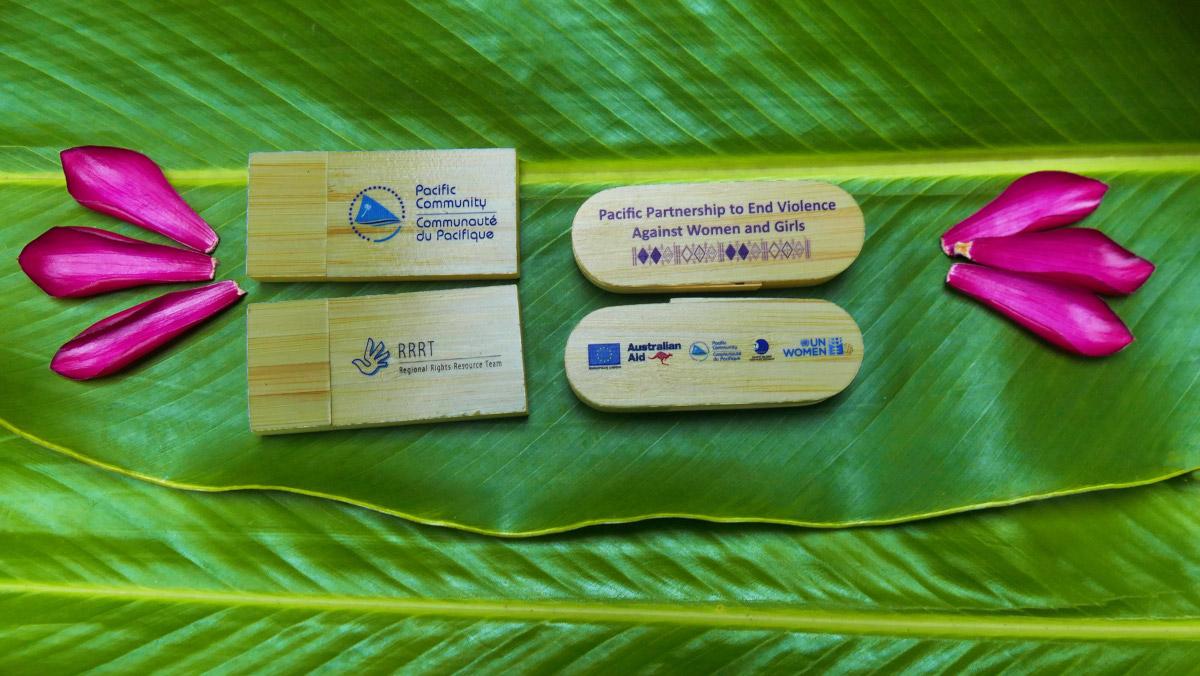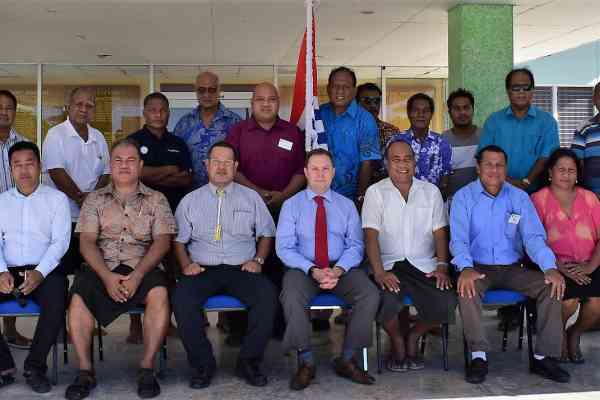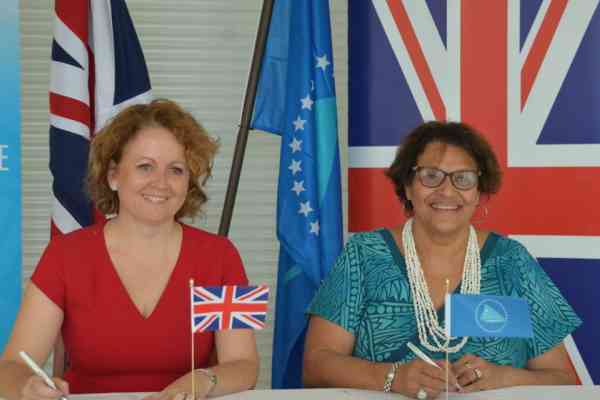
A project of the Pacific Community’s Regional Rights Resource Team (SPC RRRT) has gone green, committing to reduce the project’s carbon footprint in a bid to help reduce harmful emissions which contribute to climate change.
The release of carbon dioxide from flights related to the UK-funded Pacific Commonwealth Equality Project (PCEP) implemented by RRRT will be offset through carbon credits purchased from Pacific-based company Ekos.
According to Mr Miles Young, Director of RRRT, “As part of a regional Pacific organisation, RRRT is fully committed to ensuring sustainable and green business practices. We do this in a number of ways, including through carbon offsetting.”
He commended PCEP’s donor partners, the UK’s Foreign and Commonwealth Office for investing in such an initiative, which demonstrates a commitment to helping the Pacific to counteract the negative effects of climate change.
According to Her Excellency Melanie Hopkins, the British High Commissioner to Fiji, the UK is steadfast in its effort to reduce emissions and recently reached a new milestone by lasting for a fortnight without using any coal power to generate electricity for the first time since the industrial revolution.
“These are small measures that every country, business or individuals can take to do their bit to reduce carbon gas emissions which contribute to climate change,” H.E Hopkins said.
“PCEP, through carbon off-setting, mirrors the wider commitment made by the UK Government to counter climate change and rising global temperatures,” she added.
The Pacific region is adversely affected by climate change, the effects of which are increasingly visible in the majority of SPC’s member countries. Some of these effects include: severe changing weather patterns leading to poor agricultural production, intense storms and cyclones; rising sea levels threatening to submerge many islands and displace thousands of people, danger of extinction of national flora and fauna and destruction of coral reefs, and the loss of marine life and livelihoods of people.
PCEP Programme Manager, Mr Ashley Bowe highlighted that one of the major aims of the project’s approach was to inspire others to undertake sustainable practices and contribute to the protection of the environment.
“It is essential for all stakeholders and individuals to do their bit in any way possible to ensure that the balance of carbon is maintained on earth for a sustainable future,” he added.
Ms Rayshal Nath, RRRT’s Monitoring and Evaluation Data Assistant and the Division’s focal point for green initiatives, said carbon off-setting builds on a range of measures that have already been implemented by RRRT to help protect the environment.
“RRRT has been undertaking a number of initiatives to protect our environment including purchasing bamboo USBs instead of the ones made from plastic, handing out non-plastic water bottles and eco bags to all RRRT staff, and also assisting projects like PCEP to purchase carbon offset credits,” she said.
She highlighted that these actions support the wider SPC pledge to go plastic-free and adopt sustainable practices through its procurement processes and individual actions.
Media contact:
Kalpana Nizarat, Communications and Visibility Officer, RRRT, SPC | Email: [email protected]
About Us:
The Pacific Community has been supporting sustainable development in the Pacific, through science, knowledge and innovation since 1947. It is the principal intergovernmental organization in the region, owned and governed by its 26 member countries and territories. www.spc.int


